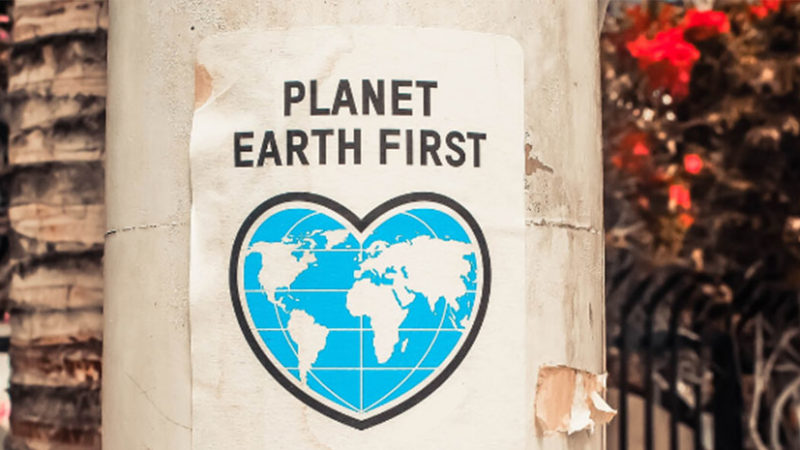Topophilia
Rewilding allows you to see your environment with new eyes, sometimes as if for the very first time. You become more intimate with all its life-forms and sometimes see beyond the visible, connecting with a greater spirit, or presence. In his book The Nature Principle, Richard Louv discusses “place blindness,” which afflicts people who live so much of their lives indoors or in front of screens that they do not look up to see the land they live on. As with a psychological state such as inattentional blindness or perceptual blindness, these people do not perceive what is right in front of them, whether that is a horizon, a rock, a landscape, or a tree. Whether they are overwhelmed, overstressed, or preoccupied by other stimuli, in effect they become sealed off from the elements, the seasons, and the real world of the living earth, and they lose out on the benefits of a vibrant and reciprocal relationship with nature.
Because place blindness inevitably leads to a disconnection with the living earth, it also leads to a lack of caring and interest in the planet’s well-being. Future generations will not value and care for the earth if they have little or no actual relationship with it. People will not work to reverse climate change if they are so rarely outside that they have no embodied experience of its reality. So how do we overcome place blindness? We embrace mindfulness and take it outside with us. The more time we spend out on the land, exploring and learning about the different plants and animals, the natural history and ecology, and simply enjoying and getting to know the contours of the living earth, the more bonded we’ll feel to the places we call home. The more intimate we become with the land, the more we’ll grow to love and cherish it. The word land can be a vague, general term, but as you get to know a place, you discover its individuality, its individual trees, stones, birds, and landmarks. Walking along a favorite trail as the months and years go by, I watch little saplings grow. As you walk, I encourage you to bring your full, penetrating awareness to the reality of life as it is. This kind of intimacy with place is as natural as can be. We’ve lost it only in the last hundred or so years. But we can get it back and be enriched again.
Some call this love of land topophilia. Every spot on a map has a unique quality and personality. Bioregionalism is a movement that seeks to understand the watersheds, geography, ecology, natural history, human history, and other layers of knowledge that make up the richness of a place. Climate change compels us to become more bioregional so that we can address some of the nasty repercussions of a society crumbling under the compounding costs of extreme weather events, food production problems, mass migrations, rampant pollution, and social strife.
Stewardship begins with you and me.
Tips for Overcoming Place Blindness
- Walk outside. Whether you live in a populated neighborhood or in a more isolated area, walk outside every day. While you walk, open your senses, connect with your breath, and pay attention to movement on the land and in the sky.
- Become an amateur naturalist. Learn about the trees, plants, animals, insects, and other features of the land where you live. Use field guides to learn what trees grow near your home. Learn about the wild edibles that grow near you. Pay attention to the birds. Are there watersheds nearby? Where does the water flow from? Where does it flow to?
- Join local organizations that support the land. Make friends with local conservation, land management, and other environmental organizations that are active in your area. Perhaps there are walking or hiking groups, foraging clubs, craftspeople, or other groups you can learn and explore with.
- Limit your screen time. When you are outdoors, set a strong intention to experience the earth directly through your own senses. Silence your phone and put it away. Resist the urge to capture everything with a picture and instead take mental pictures of what you see. Practice letting go of the need to document every experience. See if you can reconnect with what it is like to experience life. Slow down and notice, as if for the very first time.
This is an excerpt from Rewilding: Meditations, Practices, and Skills for Awakening in Nature by Micah Mortali.







